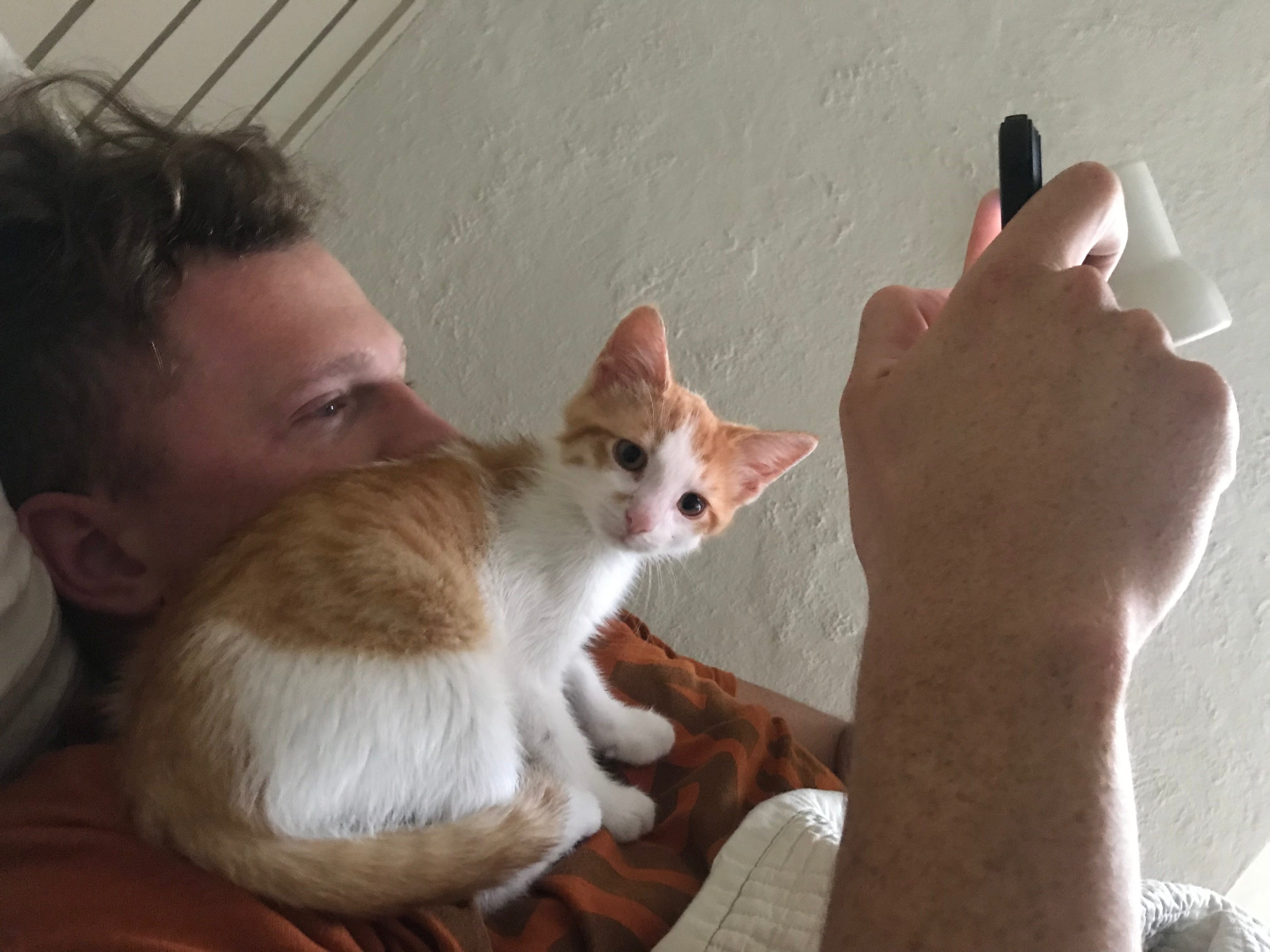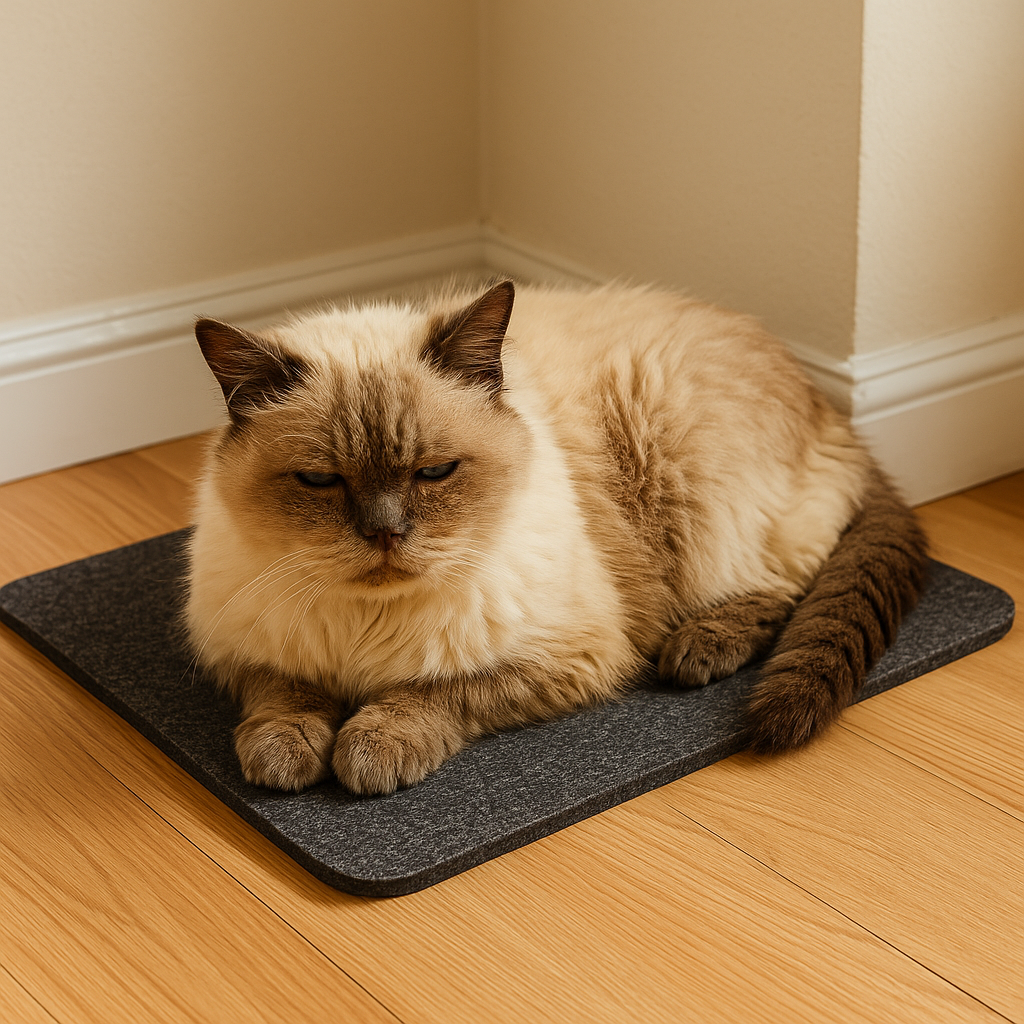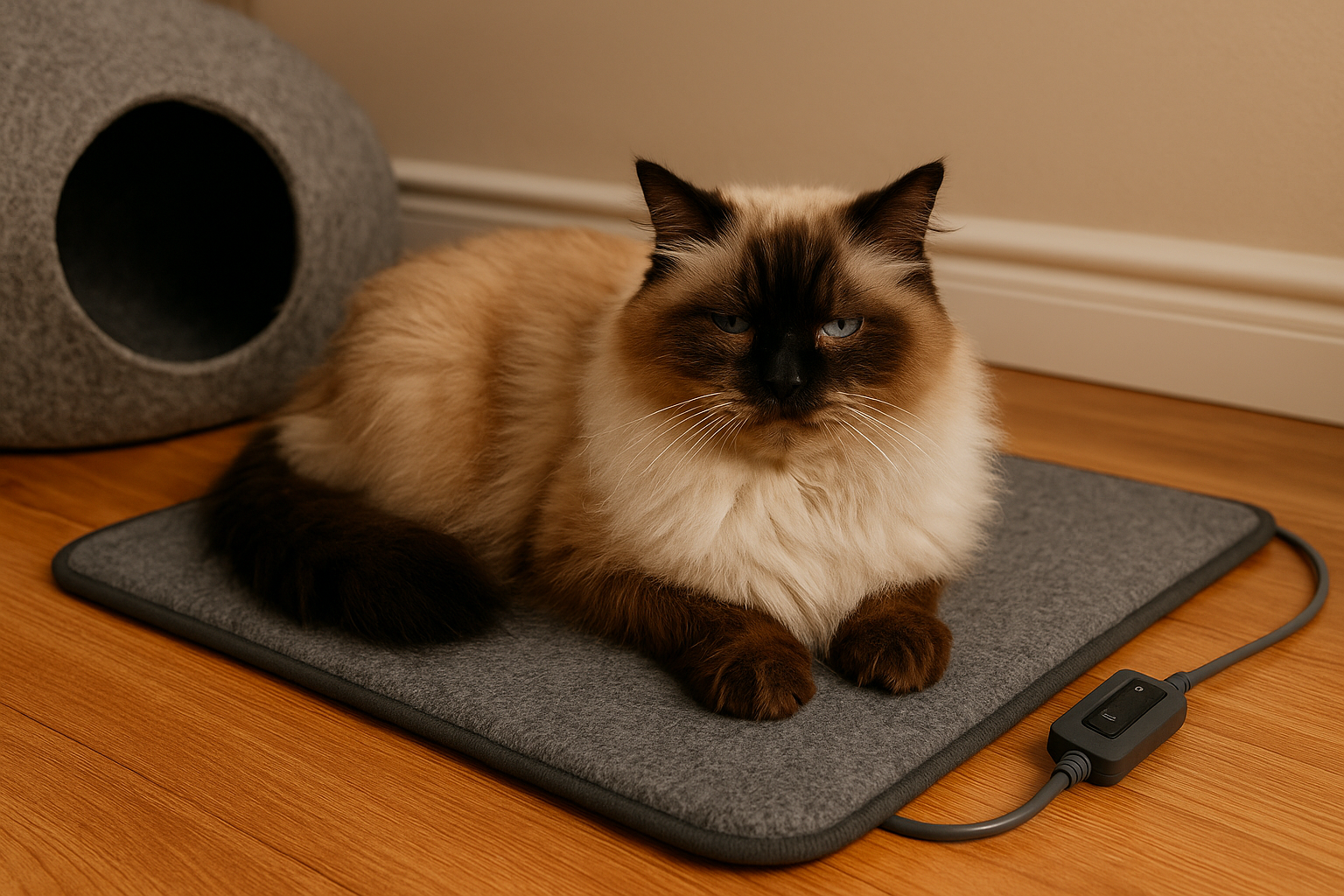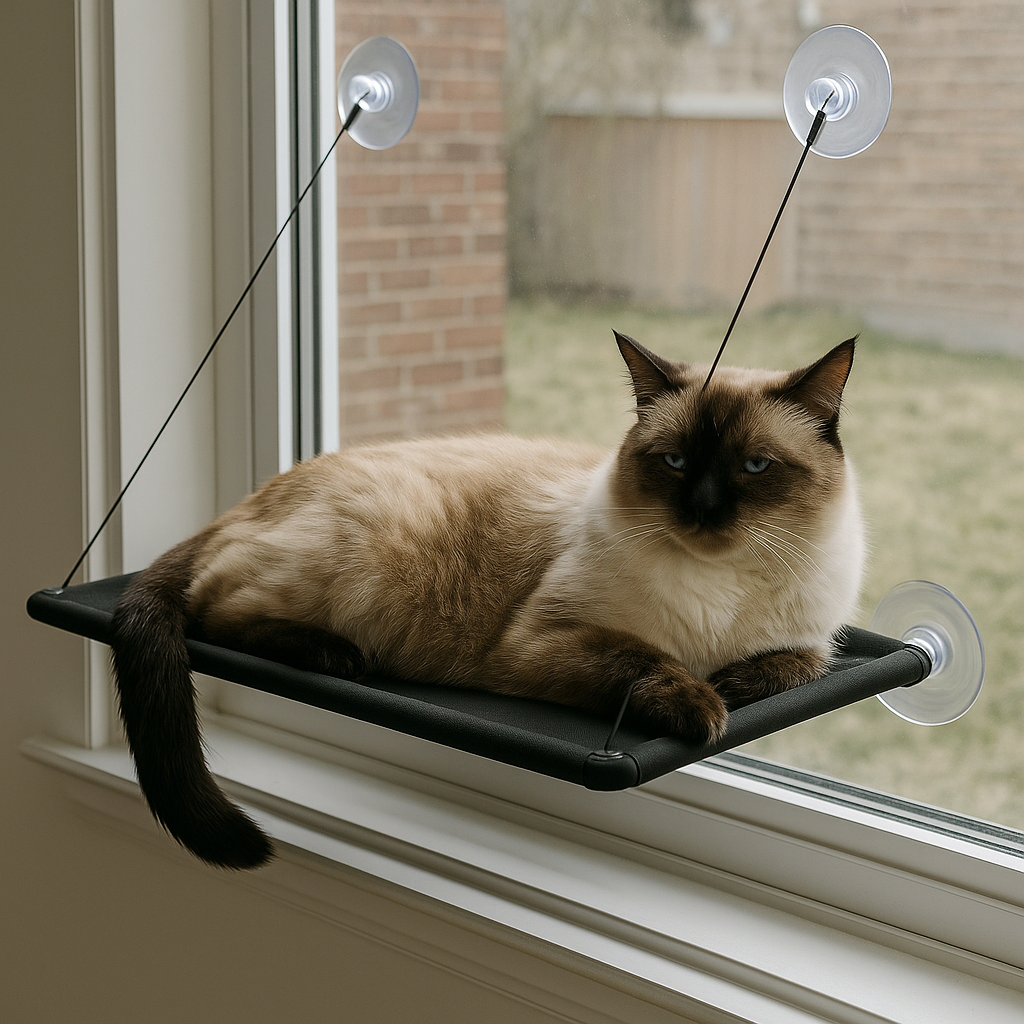Cat Bowel Movements: Health, Frequency & Care Tips 2025 💩
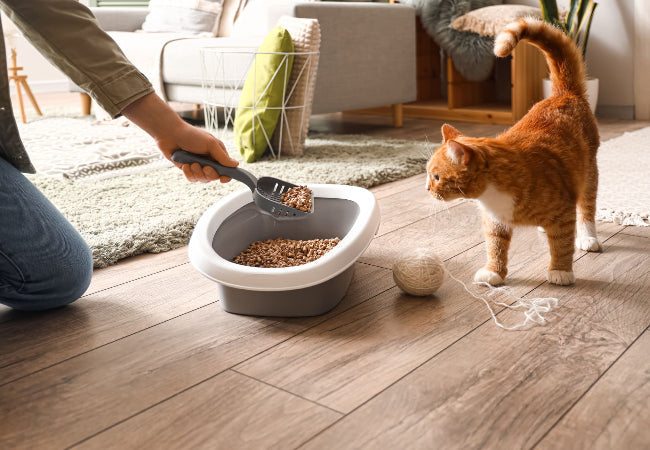
In this article
Cat Bowel Movements: Health, Frequency & Care Tips 2025 💩
By Dr. Duncan Houston BVSc
Your cat's litter box habits are more than just a daily routine—they’re a window into their health 🐱. Changes in the frequency, consistency, or appearance of your cat’s stool can indicate underlying health issues, dietary problems, or stress. Understanding what’s normal and what’s not is essential for any cat parent 🏠💖.
🐾 What’s Normal?
A healthy adult cat usually defecates once or twice a day, while kittens, older cats, or cats with health issues may deviate from this pattern. Stool should be firm, moist, and shaped like a log. Changes in frequency or consistency—either more frequent or less frequent—should not be ignored ⚠️.
Tracking your cat’s litter box habits over time can help you spot problems early and improve their overall wellbeing 💕.
🚀 Increased Frequency of Bowel Movements
If your cat is pooping more often than usual, it could be due to several reasons:
-
🥘 Dietary Changes – Switching foods, especially those high in fiber, can increase bowel movements.
-
🍽️ Dietary Indiscretion – Cats sometimes eat things they shouldn’t, like human food or garbage, which can irritate the digestive system.
-
🪱 Intestinal Parasites – Worms or other parasites can disrupt digestion and cause frequent defecation.
-
🦠 Infections – Bacterial or viral infections in the gastrointestinal tract, like salmonella or E. coli, can increase bowel movements.
-
🔥 Inflammatory Bowel Disease (IBD) – Chronic inflammation of the intestines leads to frequent stools and sometimes diarrhea.
-
🩺 Hyperthyroidism – Older cats may develop this condition, leading to weight loss, increased appetite, and more frequent bowel movements.
-
🌾 Food Allergies or Intolerances – Certain ingredients in your cat’s food may cause digestive upset.
-
🩸 Colitis – Inflammation of the colon can produce small, frequent stools, sometimes with mucus or blood.
💡 Tip: If frequent bowel movements are accompanied by vomiting, lethargy, or blood in the stool, seek veterinary care immediately 🏥.
🐢 Reduced Frequency of Bowel Movements
If your cat is pooping less frequently than normal, this could also be a warning sign:
-
🚱 Constipation – Often caused by dehydration, a low-fiber diet, or lack of exercise. Hair or foreign objects can also block stool passage.
-
🐾 Hairballs – Cats ingest fur during grooming, which can accumulate and obstruct normal bowel movements.
-
⚠️ Obstructions – Foreign objects, tumors, or severe constipation may stop bowel movements entirely. This is an emergency requiring immediate veterinary attention.
-
🥗 Dietary Changes – Switching foods abruptly may temporarily reduce bowel frequency.
-
💊 Medications – Some drugs can cause constipation or reduce defecation frequency.
-
🩺 Illness or Disease – Conditions like kidney disease, diabetes, or liver problems can affect appetite and digestion.
-
😿 Stress or Behavioral Issues – Environmental changes, new pets, or relocation can impact litter box habits.
-
💧 Dehydration – Insufficient water intake leads to hardened stools and constipation.
💡 Tip: Cats with constipation may strain in the litter box, have small, dry stools, or cry while trying to defecate.
🧾 Observing Changes in Stool
Pay attention to:
-
Color: Healthy stool is typically brown. Black, red, or pale stool may indicate health issues.
-
Consistency: Firm and moist is ideal. Loose, watery, or very hard stool can signal digestive problems.
-
Frequency: Note any sudden increases or decreases.
-
Additives: Blood, mucus, or unusual particles warrant a vet visit.
Keeping a stool diary for your cat can help your vet identify patterns and diagnose problems early.
🐱 Supporting Healthy Digestion
To help your cat maintain healthy bowel movements:
-
💧 Ensure Adequate Hydration – Fresh water and wet food can prevent dehydration and constipation.
-
🥗 Balanced Diet – Feed a diet suitable for your cat’s age, weight, and health condition. High-fiber options can improve stool consistency.
-
🐾 Regular Exercise – Active cats have better digestion and less risk of constipation.
-
🧼 Litter Box Maintenance – Keep litter boxes clean and accessible to encourage proper use.
-
🩺 Regular Vet Checkups – Routine exams and fecal tests help detect parasites or illnesses early.
⚠️ When to Call the Vet
Contact a veterinarian immediately if your cat exhibits:
-
Severe constipation or straining
-
Blood in the stool
-
Sudden changes in appetite or weight loss ⚖️
-
Vomiting or lethargy 🛌
-
Signs of abdominal pain
Early detection and treatment are key to preventing more serious health issues 💖.




